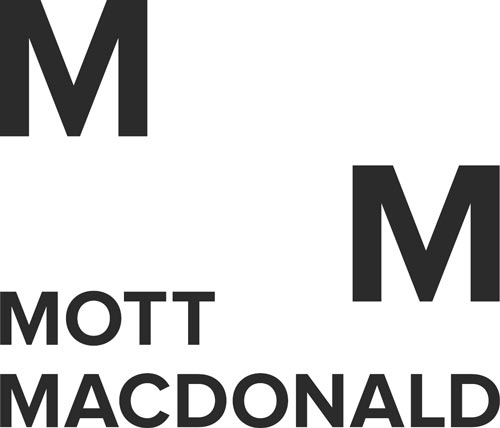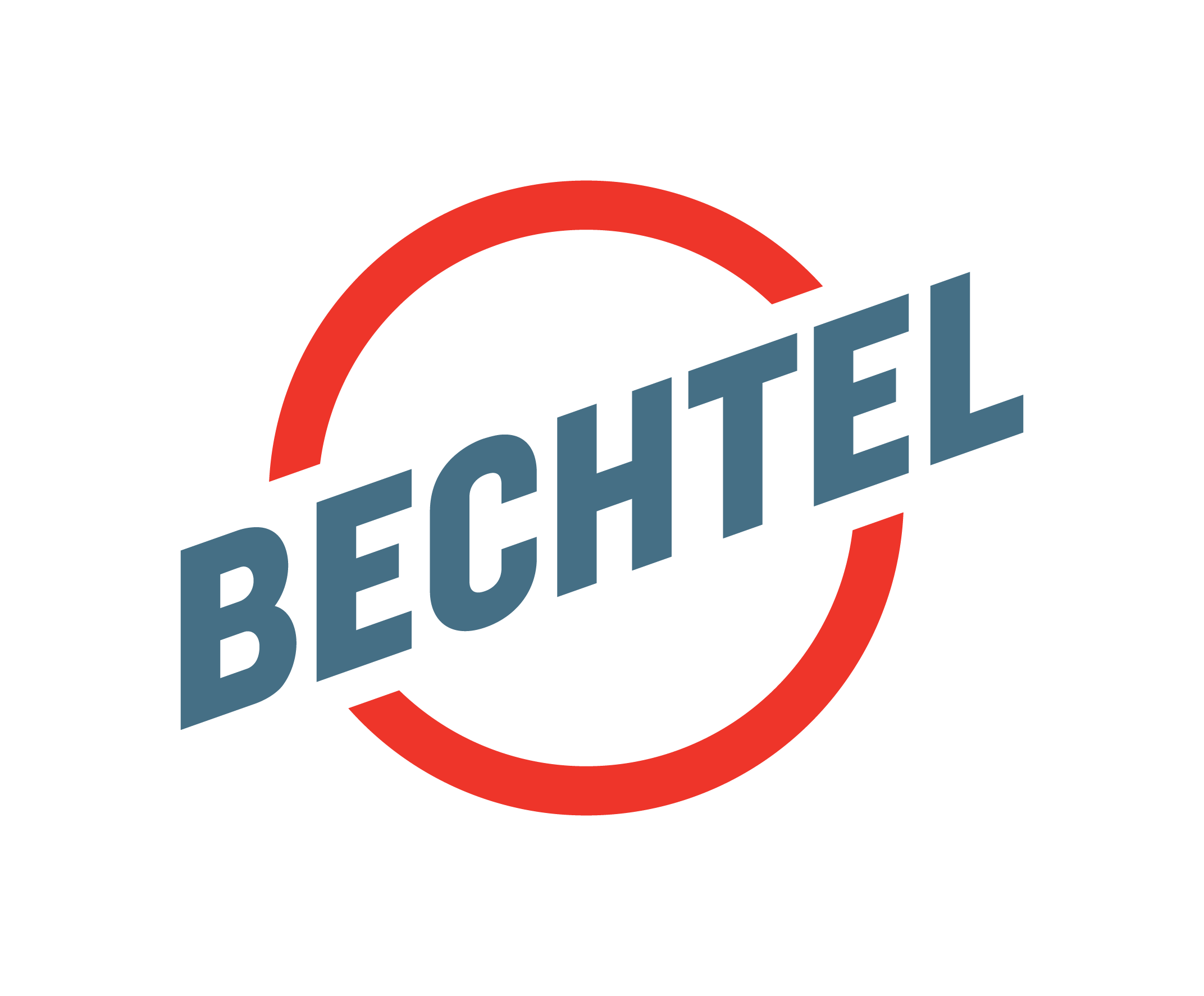Mayoral Elections 2021: Why they matter
On Thursday 6th May 2021, voters in seven city regions – West Yorkshire, Greater Manchester, the Tees Valley, the West Midlands, Liverpool City Region, the West of England, Cambridgeshire and Peterborough – will elect a Metro Mayor.
This will be only the second Mayoral election for most of the regions – and the first for West Yorkshire.
What are Metro Mayors?
The first Metro Mayors were elected in 2017 as part of then-Chancellor (and our chair) George Osborne’s plan to decentralise power away from Whitehall through a series of devolution deals signed between 2014 and 2020.
Metro Mayors oversee a number of local authority areas across a ‘combined authority’ (usually with a city at its core), creating a new tier of government between Westminster and local councils.
The aim was to create empowered local leaders who could raise productivity by shaping a long-term economic strategy across the city region. Directly-elected by voters, Metro Mayors are accountable to their electorate and are there to make the case to central government as to why their region deserves investment.
As well as the seven regions electing a new Mayor this week, two other regions already have deals: Sheffield City Region, which elected Dan Jarvis in 2018, and the North of Tyne, where Jamie Driscoll became Mayor in 2019.
What can they do?
Each Mayor’s individual powers and budgets vary region to region.
In Greater Manchester – which has one of the most comprehensive devolution deals – the Metro Mayor has powers over policing, housing, health and transport. This has allowed Mayor Andy Burnham to take control over the bus network, meaning he can now set ticket prices, routes and timetables.
In Liverpool, Steve Rotheram has been able to create the Apprentice Travelcard, which allows young people to access better job opportunities through subsidised public transport.
Earlier this year, Sheffield City Region unveiled an £860m spending plan to help the area recover from coronavirus with the help of “gainshare” funding, the £30m promised every year for 30 years as part of its devolution deal.
In the Tees Valley, Metro Mayor Ben Houchen has secured a new base for the Treasury in Darlington and taken the local airport into public ownership.
As our vice-chair Lord Jim O’Neill said: “All are hugely important changes for Northern areas. All were made possible because central government trusted local leaders to do their job.”
Who is likely to win?
Polling suggests that almost all the incumbent candidates are likely to win, indicating that voters are increasingly convinced of the Mayors’ ability to affect real change in their communities.
It’s no surprise that Labour Mayors Steve Rotheram and Andy Burnham are expected to win by a landslide in Liverpool City Region and Greater Manchester but even in historically marginal areas, data suggests that the current Mayors are seeing off challengers easily.
According to our polling (conducted by Opinium), Conservative Mayor Andy Street is predicted to win comfortably in the West Midlands on first preference votes alone, with 54 per cent compared to 37 per cent for Labour’s Liam Byrne. Once second preferences are taken into account, Street’s lead grows from 17 to 18 points, winning 59 per cent to 41 per cent.
In the Tees Valley, Ben Houchen is predicted to win by 16 points, taking 43 per cent of the vote compared with just 27 per cent for Jessie-Joe Jacobs, his Labour opponent.
Why does it matter?
There is cross-party consensus that local issues such as transport and skills are best decided at a local level, allowing for a more efficient use of funds that is best-suited to the specific needs of each city region.
“The structure and size of central government means that it rarely tackles issues that bridge several departments at once. Problems are addressed in silo rather than through a comprehensive, multifaceted approach that is far more effective.” – Lord Jim O’Neill
However, Metro Mayors remain hemmed in by Whitehall’s tight grip on powers and funding. Since the last devolution deal was signed, there’s been little evidence that the government is committed to pushing the devolution agenda further – despite the success of Conservative Mayors Ben Houchen and Andy Street in winning over new voters in historically Labour strongholds.
Read more on why devolution is at the heart of the Northern Powerhouse in our report here.
Media Enquiries
For media enquiries and interview requests, please contact the press office on:
Get involved...
There are a number of ways you can help drive forward the Northern Powerhouse agenda.
Our Members
Working with businesses and organisations across the North

















